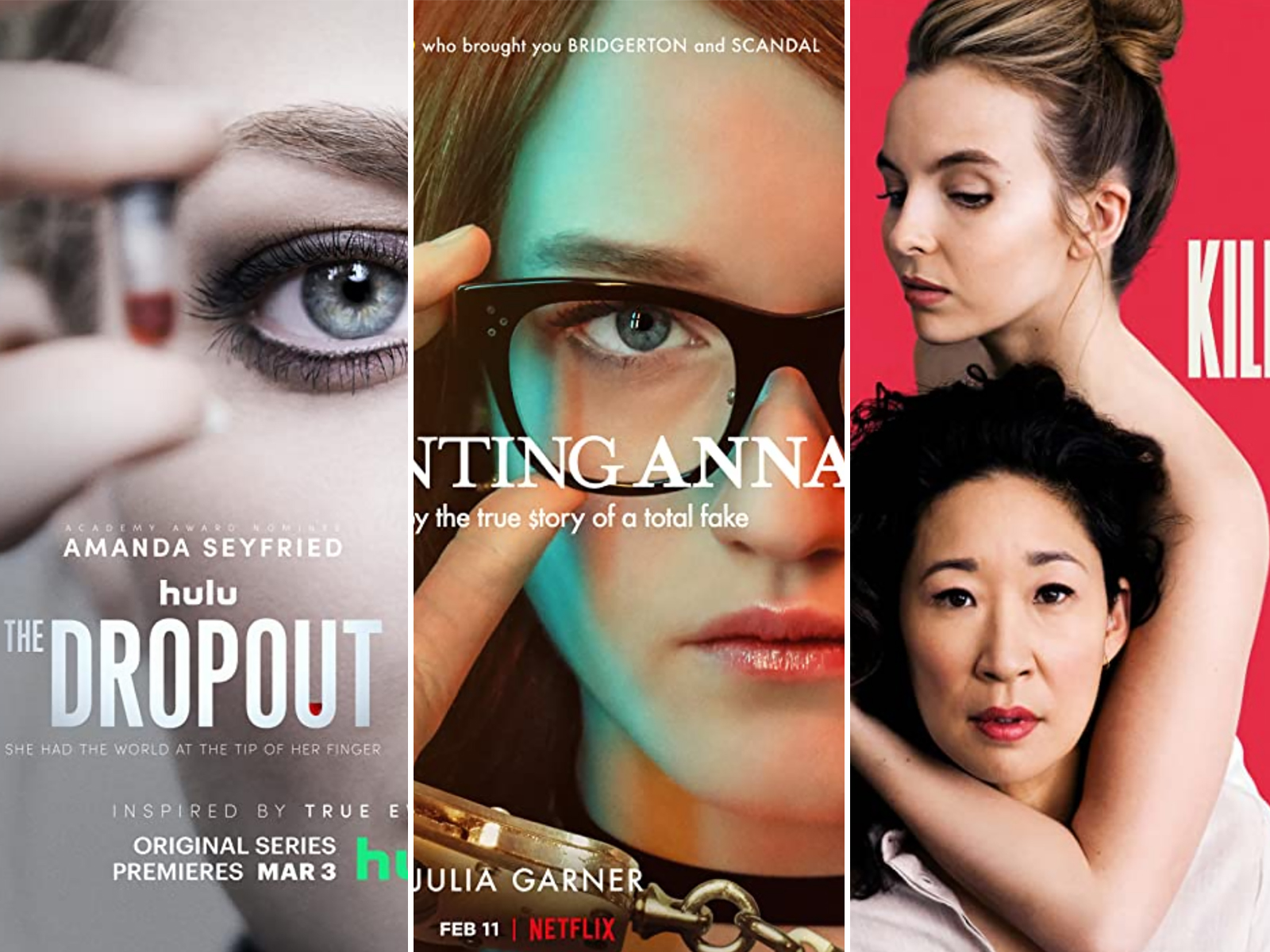
- Industry
Television’s New Female Heroine
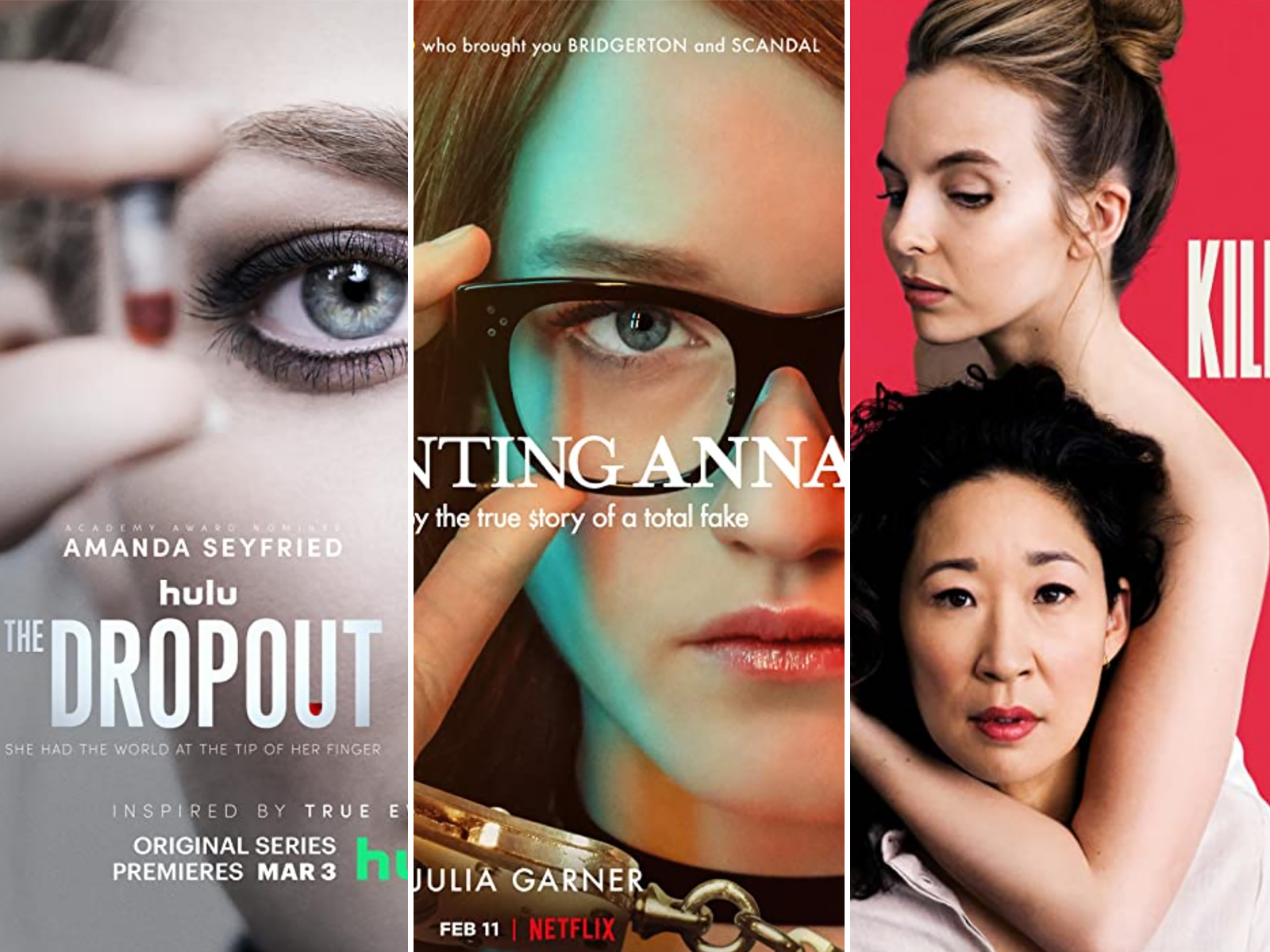
The Dropout, Inventing Anna, Killing Eve – what do these shows have in common?
Can we pause and let that idea sink in?
Why are those words uncomfortable?
The answer is that society expects women to be polite, nice, considerate. They are supposed to put others first. We have shows like FX’s Better Things showcasing the stress of the single parent woman trying to take care of the mother, the daughter, the work, the friends – while she straddles the weight of taking care of others. These roles are an advancement as they highlight women’s stories – told by women, created by a woman (Golden Globe nominee, Pamela Adlon). Interestingly, this is the final season of the always-excellent Better Things. Could that be due to the emergence of another type of heroine?
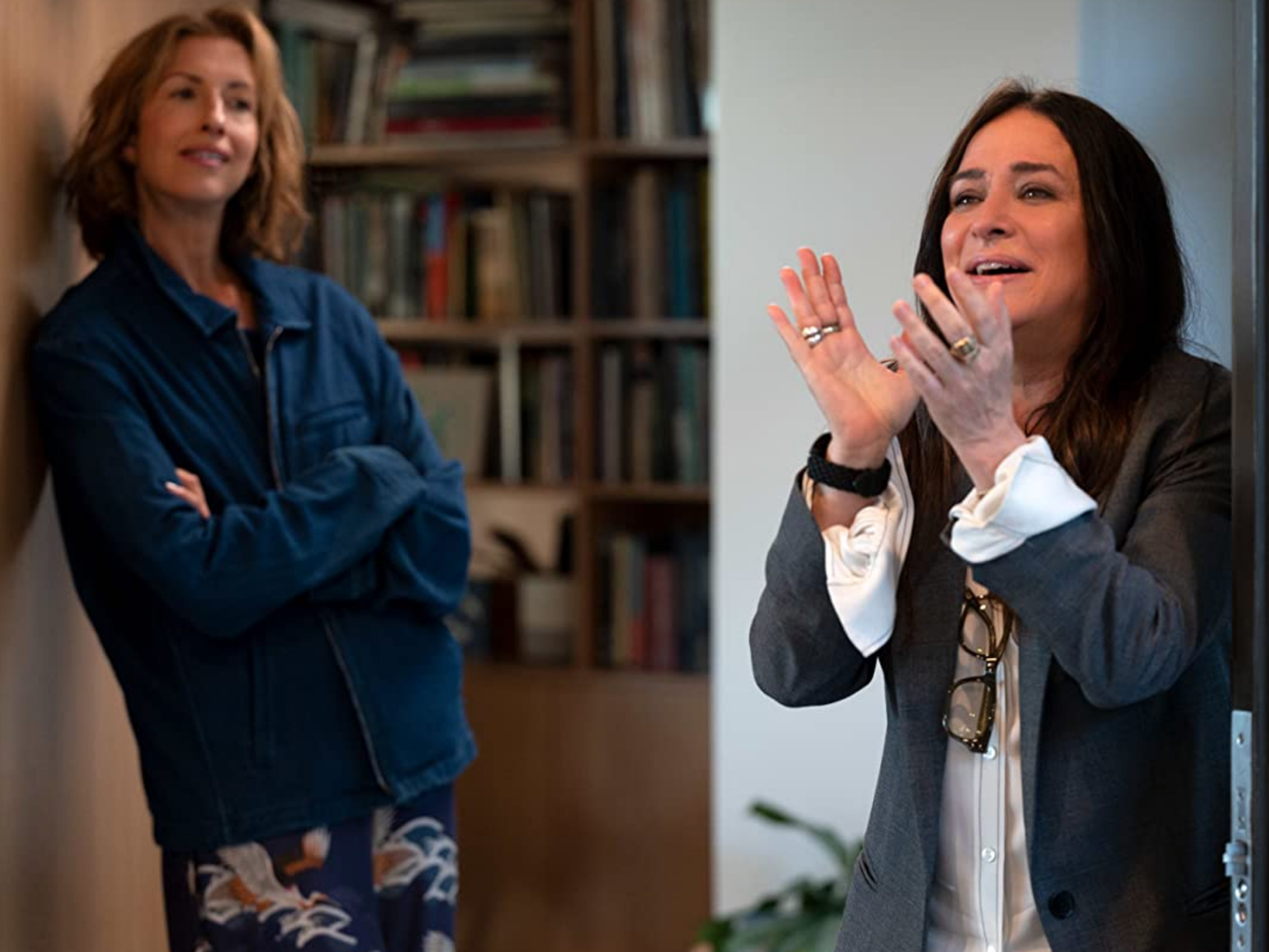
A new kind of woman is taking center stage. One who doesn’t put herself last. Two years ago, the same streamer showcased Mrs. America, the story of Phyllis Schlafly aka the sweetheart of the silent majority, portrayed with steely calculation by Golden Globe winner, Cate Blanchett. While Schlafly’s message was couched in the soft protection of a woman’s right to be a ‘housewife’ in today’s jargon, homemaker – and every feminist recognizes and heralds that right – as a choice, not a relegation, the show also revealed a manipulative woman kidnapping women’s agenda – ostensibly for the greater good – but as one watched one had to question how much of her impetus was altruism and belief, and how much of it was a personal power grab?
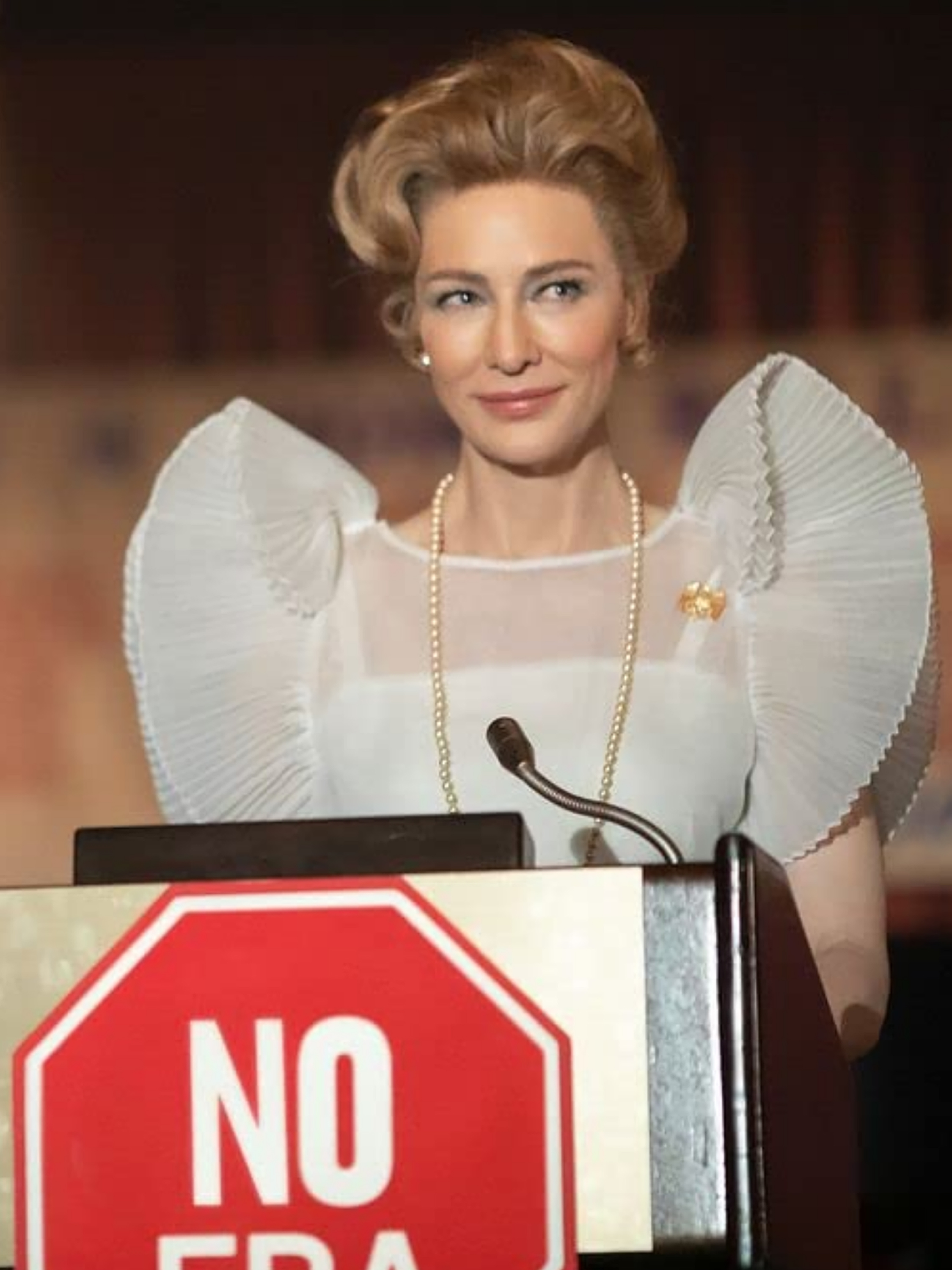
Two years ago, in the overlooked Fargo – Year 4, there was a bevy of women doing unspeakable things to meet their own agendas. What made the show especially notable in this category, is that women of color were also shown to commit mayhem according to their needs.
In the pecking order of power, men get the right to self-actualize in whatever form it takes. Violence, sinister goals, power manipulation. That is still less true for the characters women are rewarded for portraying. As we look at the 51%, we will notice that there is another segregation. White women are edging into better numbers across all fields. Black women? Not so much. Ditto of hispanics. Asians are still a minority and generally, socially, continue to be targeted unfairly and attacked on streets through ignorant framing – with very little outcry from the press.
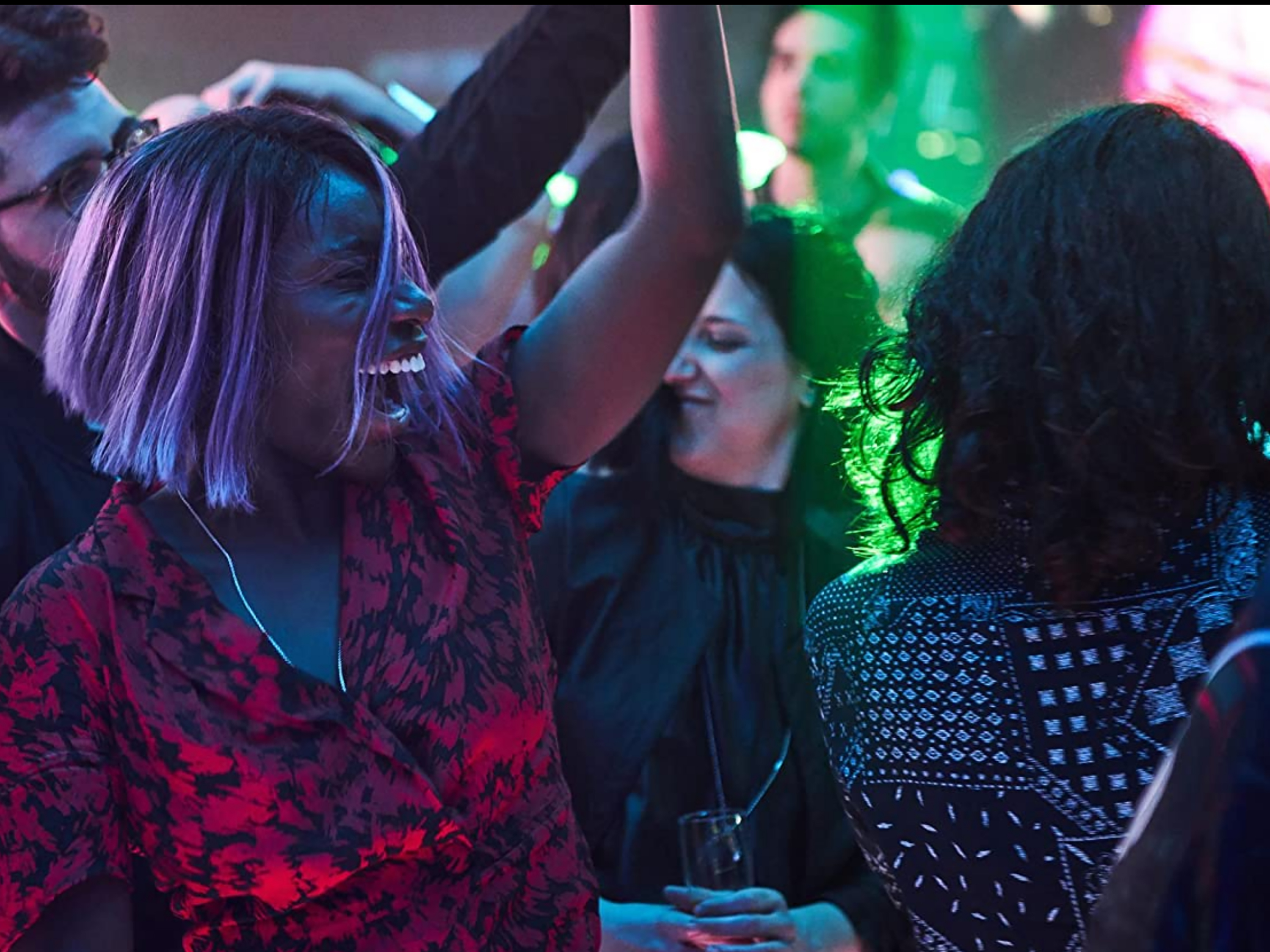
The fierce, I May Destroy You, nailed this category of women perfectly. Here was a woman who used drugs, had unprotected sex, she was promiscuous. Actions frowned on by many. And she was raped. She was slipped a drug and made to endure an unspeakable act. Her personal choices were not that different from many young people, men in particular. The character’s life choices did not mitigate others’ choices to impose their will on her. This idea that when a woman lives according to her own needs, exploitation should be expected and even condoned, is the crux of society’s double standard. By spotlighting the injustice of the assumption, we are questioning the heart of how women are seen, and we broaden the scope of choice.
This site recently highlighted Pam & Tommy’s showcasing of Pamela Anderson’s choice to be photographed for Playboy to get her work visa, against people’s questioning if she had been violated by someone profiting off a personal tape. The logic: if she had been paid to remove her clothes, why was she upset that everyone got to see her naked, doing private things? There was the implication that she had lost her right to privacy when she posed nude for Playboy.
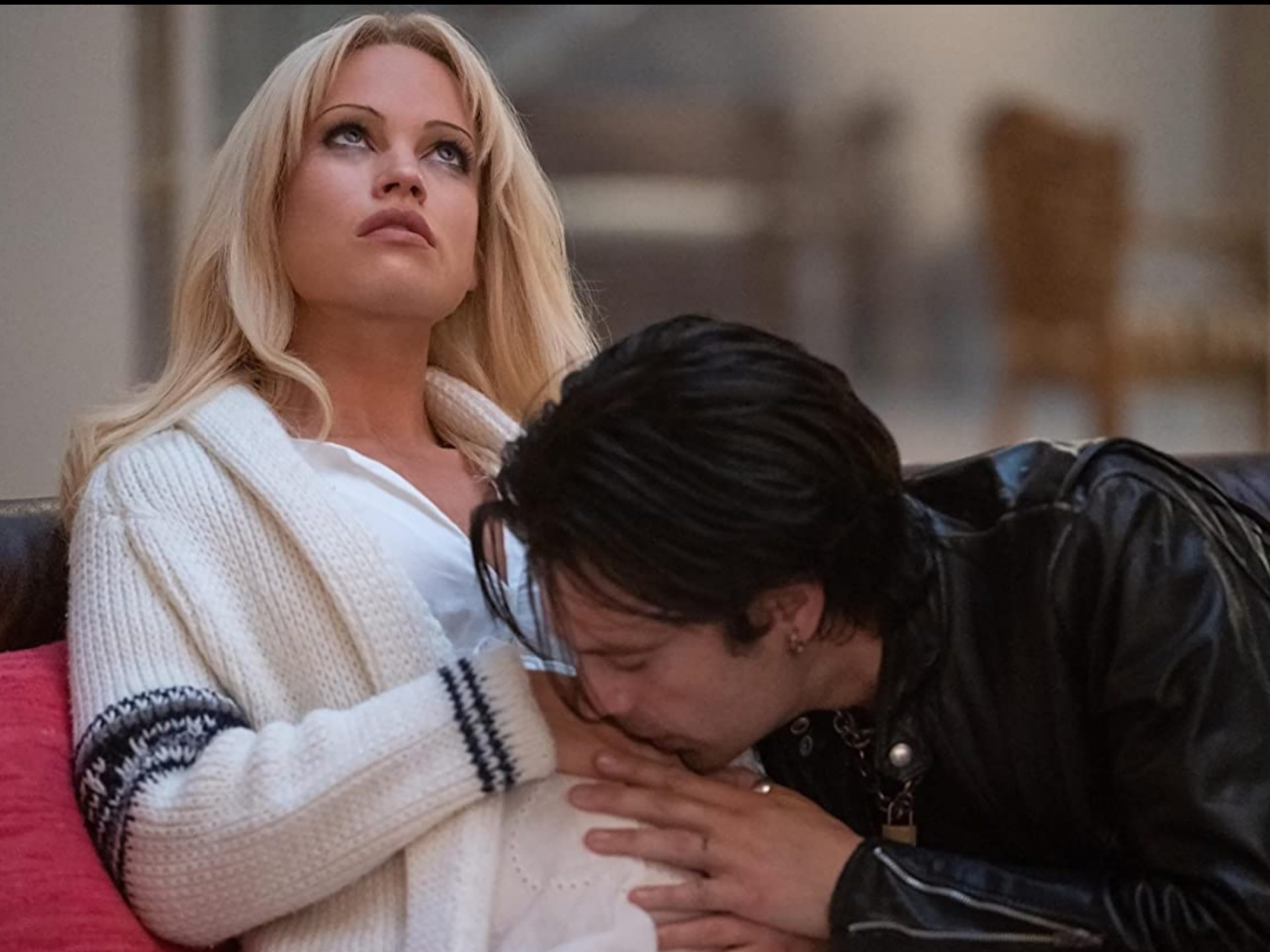
Choice.
Being a mother. Staying home. Working. Promiscuity. None of these is a mandate. There is no one way to be. They are not concepts everyone has to embrace or be punished for; they can live together. Like men, women come with all sorts of motivations, good, bad and indifferent.
Men have long been allowed to own their drives. Indeed, many of their actions are excused as ‘drives.’ Boys will be boys. What the new crop of entertainment is doing is focusing on the fact that women have the same drives. They have merely been hidden and suppressed, acknowledged as unladylike, and often punished.
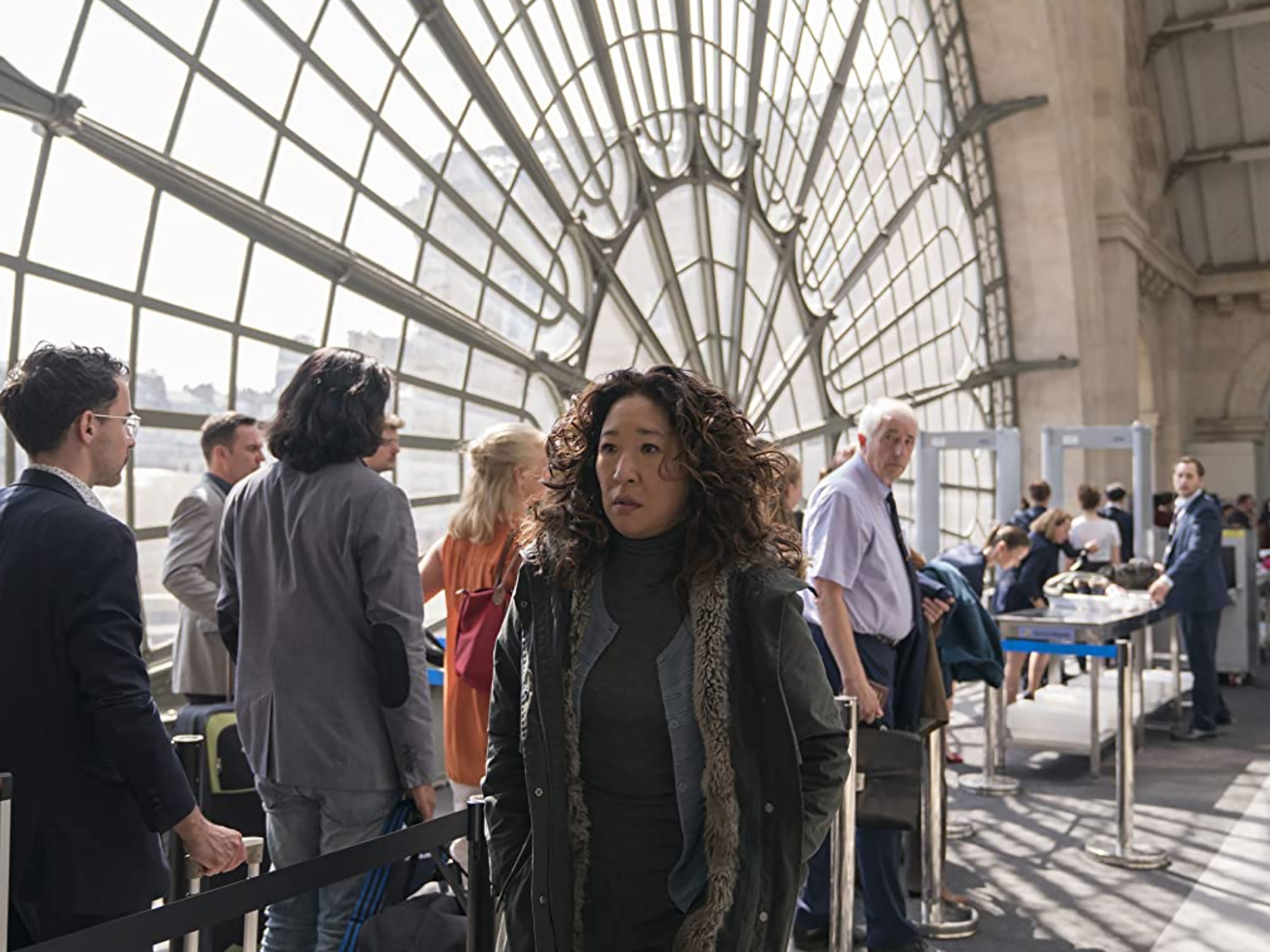
Killing Eve has a woman (Sandra Oh) leave her husband, pursue her career, and fall in love with another woman. Starz Hightown S-1 had Monica Raymund, a gender-fluid agent, dealing with drug-induced, sexually compromised behavior that she tries to conceal. Across platforms, conniving women are rising.
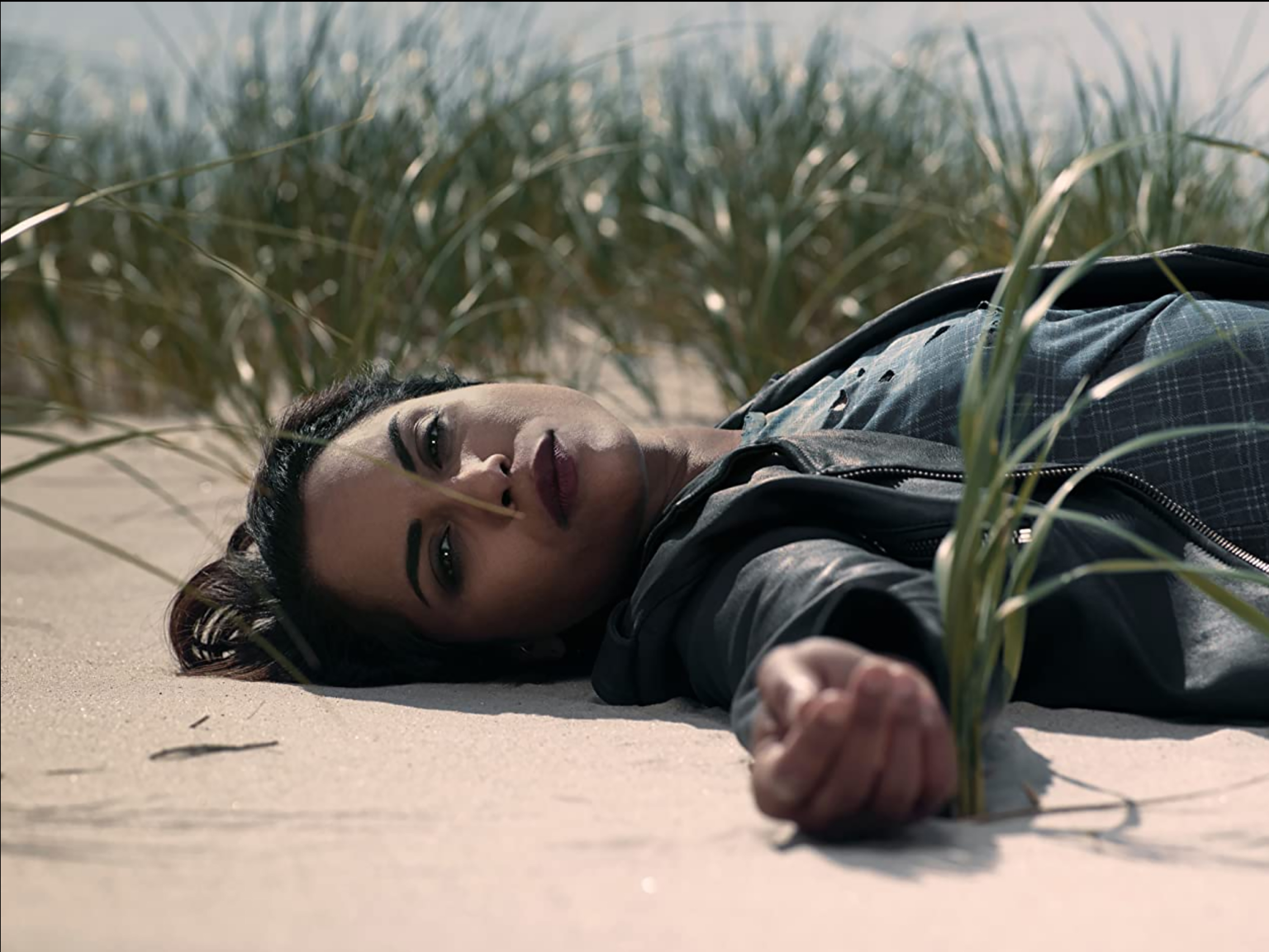
When we look at the naked ambition of the women of Hulu’s The Dropout starring Amanda Seyfried, who uses her blonde hair and big blue eyes to manipulate most people to give her things she doesn’t deserve to be given; when we look at Jennifer Garner as a woman who will lie and cheat to obtain her aims on Netflix’s Inventing AnnaFargo S-4 killing those who get in their way; when we look at Starz’ Hightown, HBO’s The Flight Attendant and so many more examples – we celebrate the diversity of women being portrayed in all their variations, and we begin to see progress.
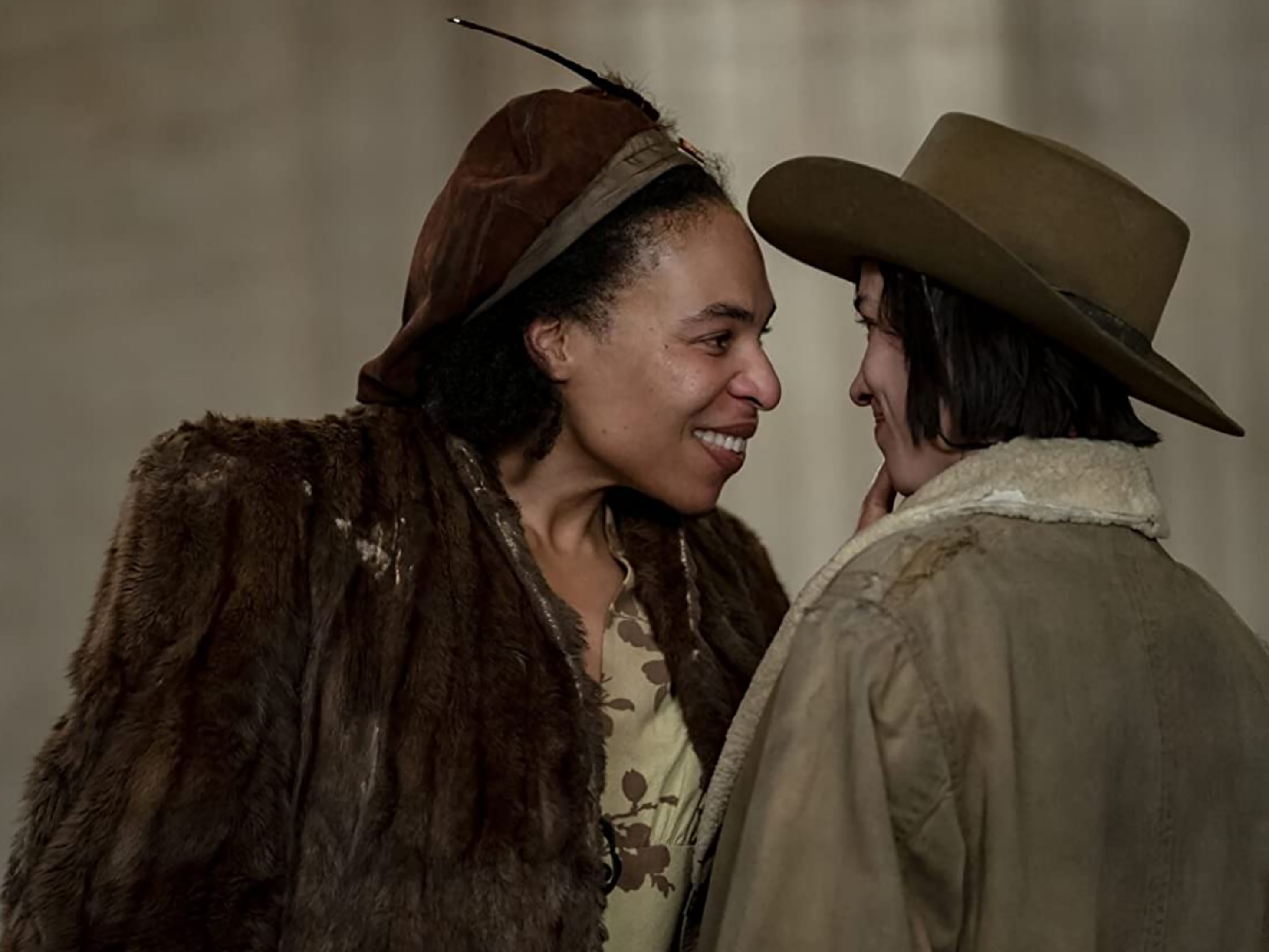
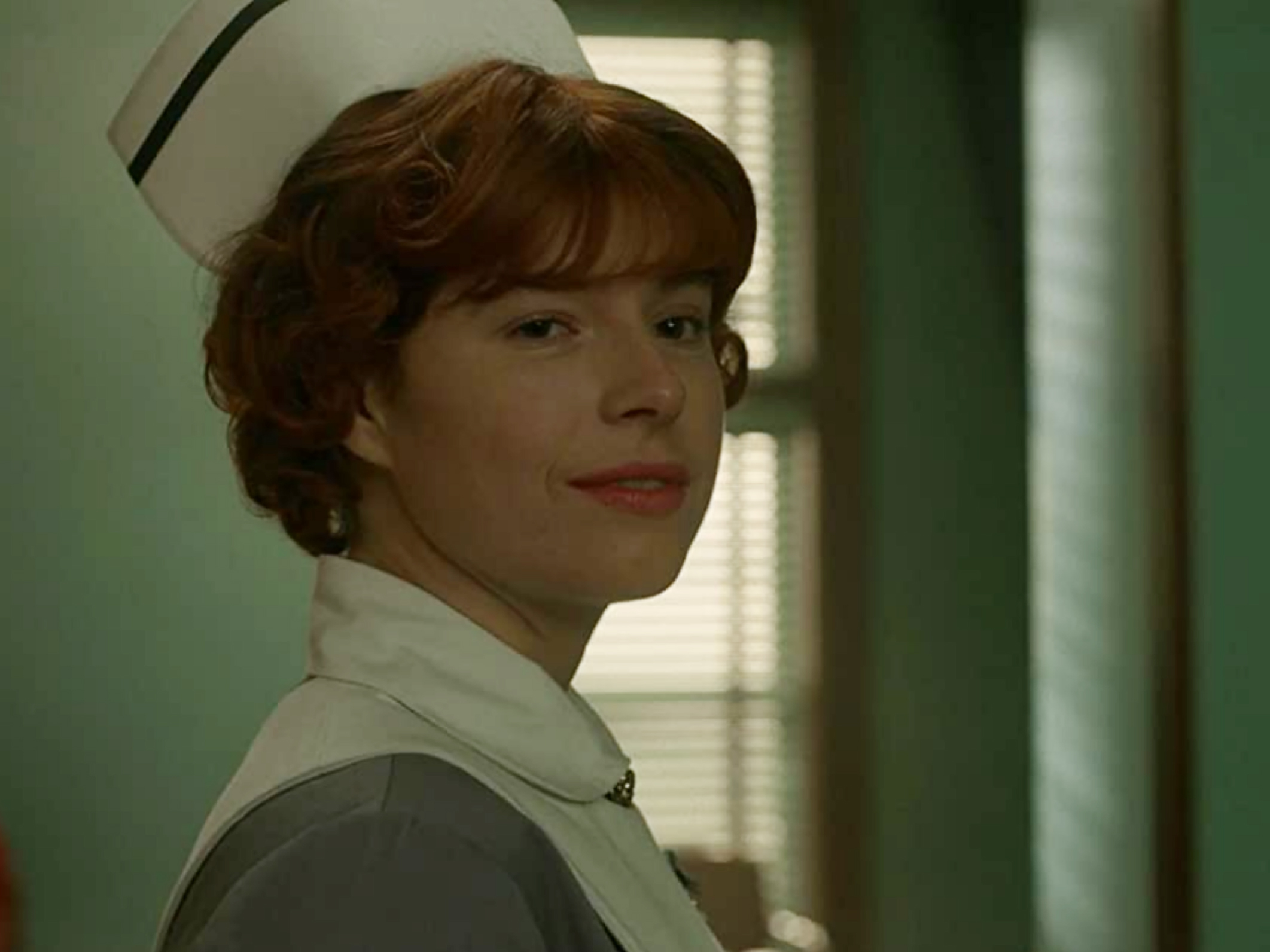
It is only by breaking down the restrictions of what a woman should be – no matter her religion, culture, ethnicity, or sexual preference, that true equality and freedom can be achieved. To state the obvious, women have drives, women can be nice, but also not so nice. They can have work ambition or family ambition. They can choose to eschew all stereotypes and be something outside of the mainstream. By representing all types of women as entertainment is currently doing, it opens the door for women to simply be. To be whatever they choose to be and to stop being boxed-in by society’s idea of what they shouldn’t be. Equality of choice meets equality of perception and that is a step forward.
